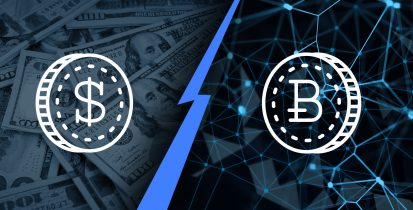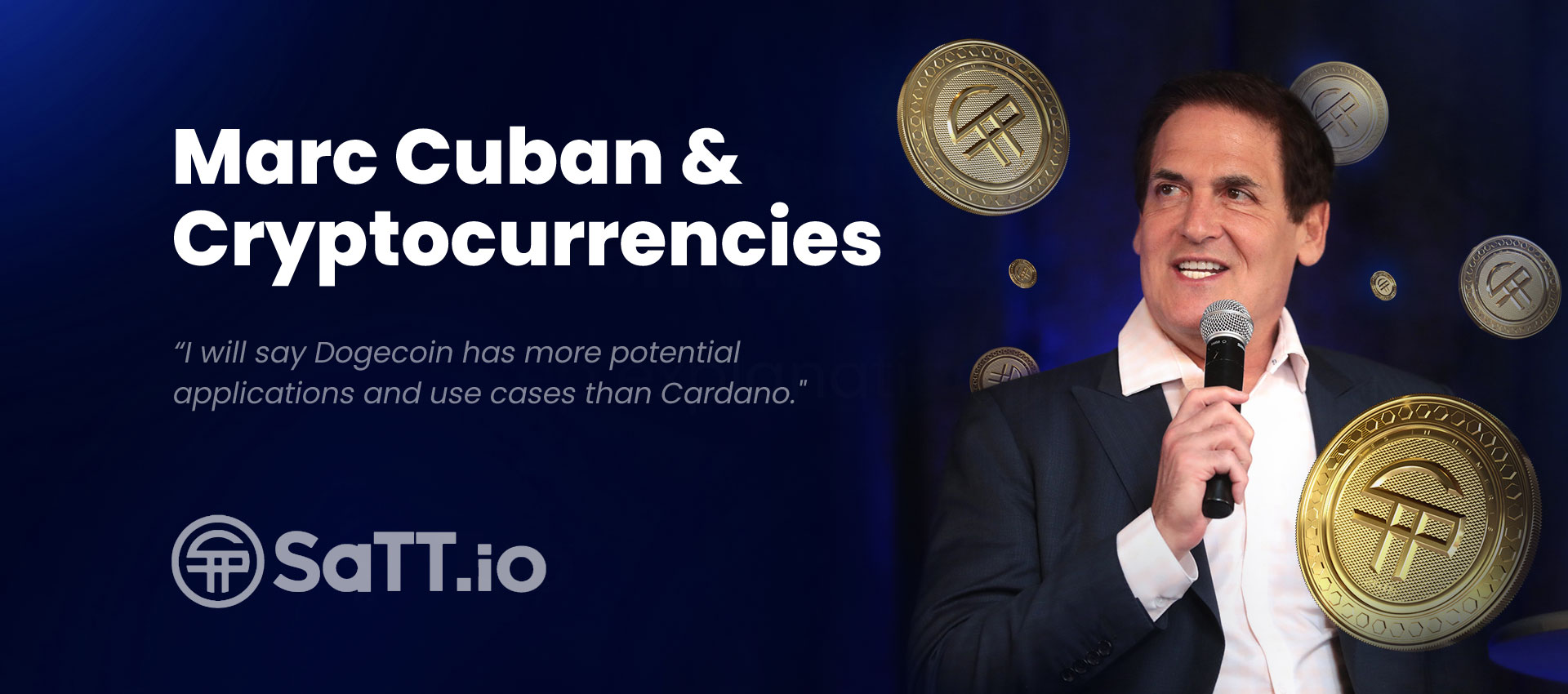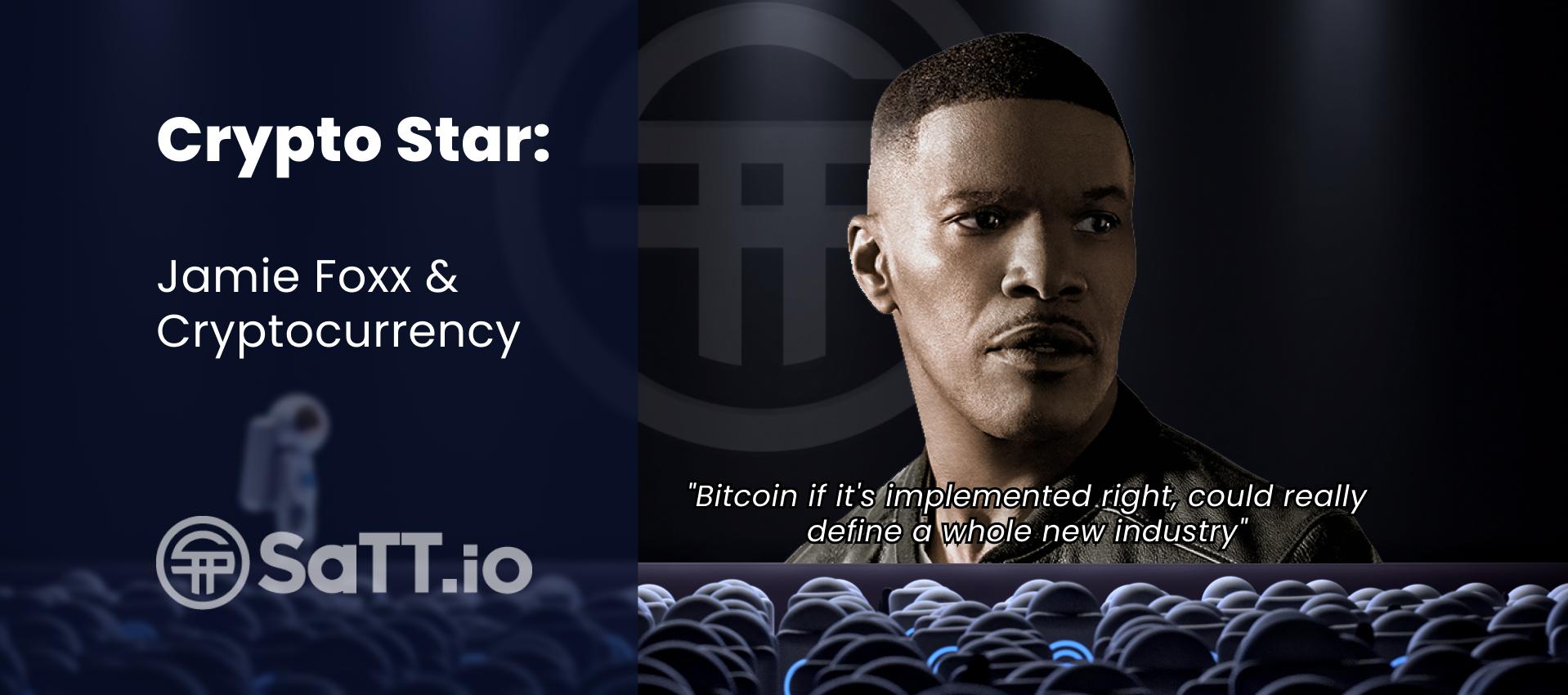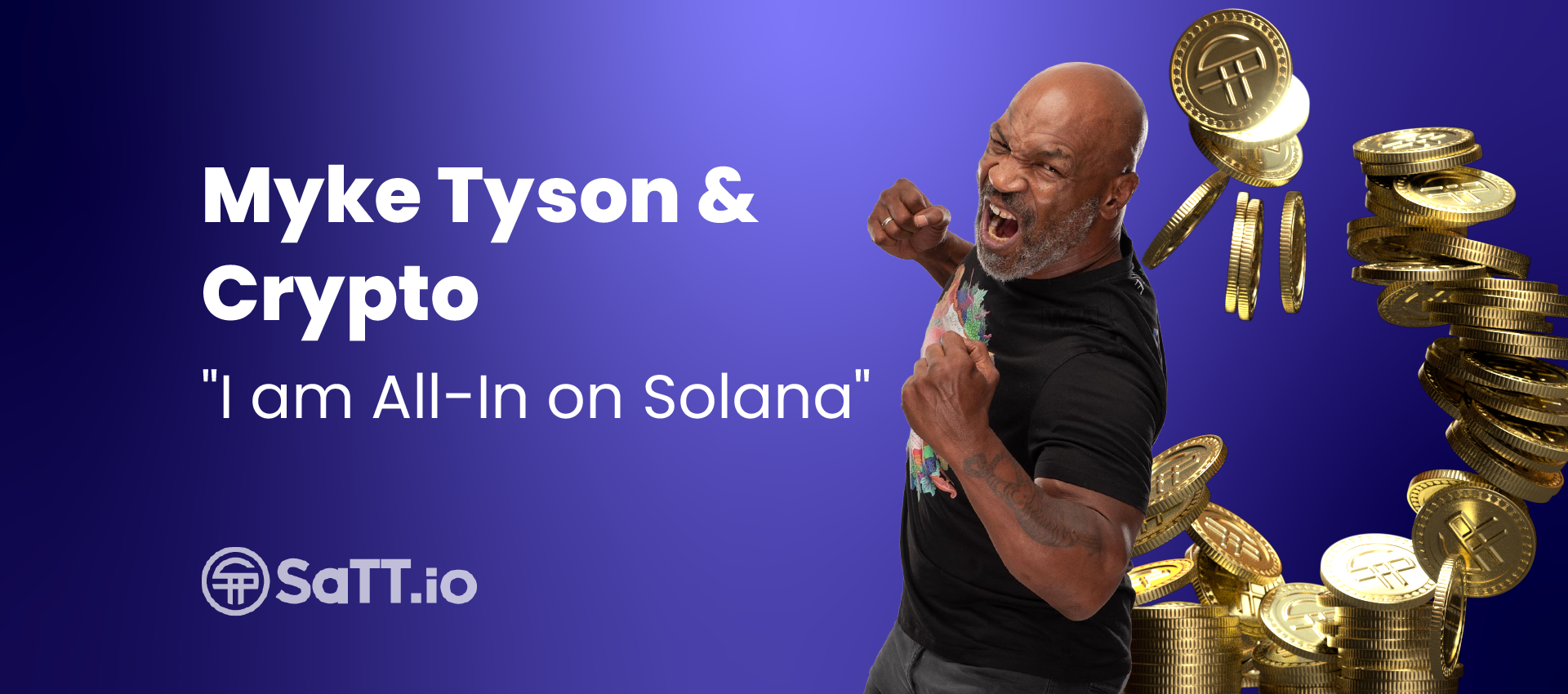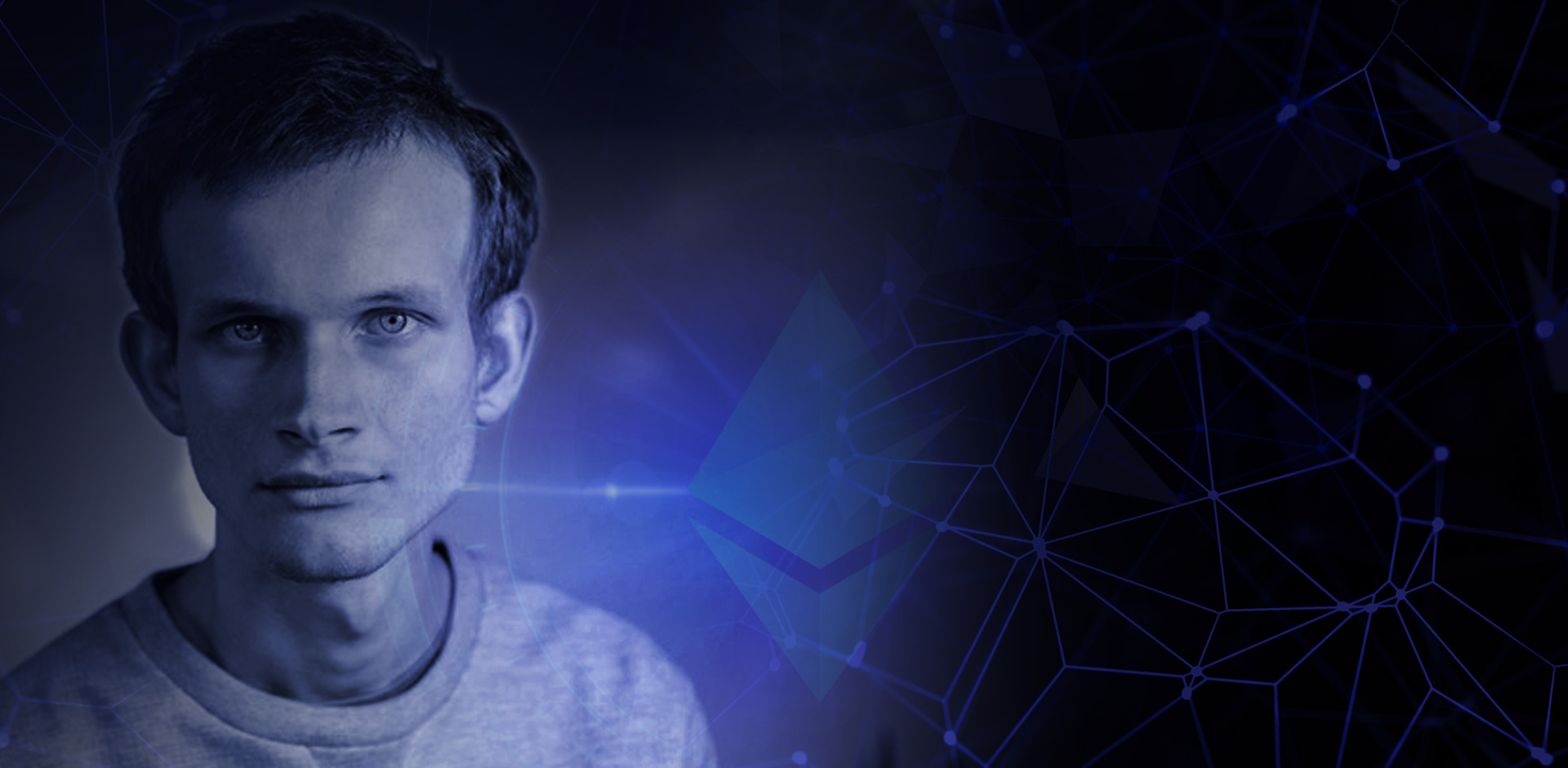
Who’s Vitalik BUTERIN
Vitalik Buterin is a Russian-Canadian programmer and writer who is best known for creating Ethereum, which has been called “the world’s hottest new cryptocurrency.” There is much interest in the 23-year-old founder, prompting many to ask questions about Buterin, such as “Who is he?” Wired gives an account in a recent article. The reporter says:
I’ve been told by various people that Buterin learned to speak fluent Mandarin in just a few months, that he’s an autistic wunderkind, that all of his worldly possessions fit into one suitcase, that he once ate an entire lemon without removing the rind, that he’s an android powered by the Ethereum network.
Yet even this detailed report barely scratches the surface. Here is a quick overview of Buterin and the blockchain network that is changing the way people think about contracts and business funding.
Table of Contents
Finding the Flame Early
Most little boys sit on the carpet, playing with matchbox cars, or run around playing tag. Buterin admits that one of his favorite childhood toys was Microsoft Excel.
Born in Moscow, he moved to Canada when he was only five years old and entering third grade. Teachers discovered something interesting about the boy. He could add three-digit numbers in his head at twice the speed of his peers. This got the boy a direct ticket into the gifted program, and his gifts flourished.
As Buterin grew, his dad introduced him to a concept that would serve as a small seed that would grow in the coming years — Bitcoin. The cryptocurrency founder doesn’t divulge why the concept was interesting, but admits that he had recently quit playing World of Warcraft and may have been looking for the next obsession.
He set out to learn more about the idea, attending conferences and talking with thought leaders. And from this point on, he stayed laser-focused, and that focus would transform from an idea to the hottest new blockchain technology in just a matter of months.
Shifting Gears
The budding curiosity about cryptocurrency was growing, and Buterin was spending more time learning, growing and conceptualizing. Finally, he did what many great minds do (Steve Jobs, Bill Gates and Mark Zuckerberg — just to name a few). He dropped out of college. Then Buterin traveled the world to talk to people and learn more about Bitcoin.
He wrote about his findings and published a white paper in 2013. That piece of work captured attention and landed him a $100,000 Peter Thiel Fellowship.
Shortly after, he started the Ethereum Foundation to further his research on cryptocurrency. The same year, Buterin announced the sale of Ethereum and introduction of Ethereum mining in a publication du blog. This new currency wouldn’t be just a rehash of the popular digital currency Bitcoin — it would be much different.
Creating a New Generation of Blockchain Technology
The blockchain technology that Buterin created isn’t just a digital currency, but a blockchain platform that performs many different tasks. For example, the cryptocurrency features contracts and the Ethereum Virtual Machine. The currency can be used for peer-to-peer contracts using “smart contracts” to negotiate and facilitate the agreements.
The benefit is that the blockchain provides a decentralized method for verifying and enforcing these contracts. These smart contracts also provide greater security than traditional contracts, at lower costs. Corporate support has grown rapidly, with 86 firms, including Toyota, Merck, ING and many others, recently joining a collective that seeks to use blockchain technology to run smart contracts at Fortune 500 companies.
In addition, you can set up and seek pledges from the community and raise money until a specified goal is reached — or an agreed-upon date. Getting rid of “middle man” companies, such as Kickstarter, means that the third party, any associated rules, and the service fees do not exist.


